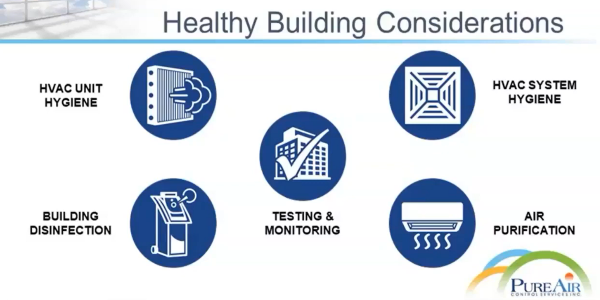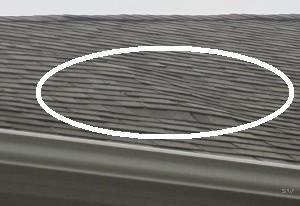5 Myths About Ventilation

By Cass Jacoby.
Misconceptions about ventilation systems debunked so that you can make the choices you need to have a well-ventilated attic.
There are few topics as misunderstood as proper attic ventilation. It is important to understand the myths surrounding ventilation so that you can make the best choices for the airflow of your attic, and ultimately your roof. Read on to learn more about ventilation and why it is so important.
1 - More ventilation is good
Do you remember reading in Goldilocks “not too much, not too little, just right?” Well, it definitely applies to ventilation. Too little intake ventilation for the exhaust vents will starve the airflow causing excessive moisture and heat to damage and prematurely age out your roof. The key to properly ventilating your home is balance. To create consistent airflow throughout the attic, intake venting needs to be equal to or greater than exhaust in order for the hot moist air to exhaust out through exhaust vents near or at the top of your roof.
2 - I have roof vents, so I have roof ventilation
Some roof ventilation systems work better than others. Ridge vents, for example, are unanimously agreed on by roofing experts as the most effective roof vents available. Different vent types have different benefits — some roof vents are installed at installed on the ridge and others off the ridge due to roof construction type. Ultimately, the vent that works best for your home’s airflow and roof design is what is best for your home, so don’t assume you have the right ventilation because of what was previously installed.
3 – I only need ventilation if I live in a hot climate
You need ventilation regardless of climate or location! Proper ventilation keeps attics cooler and dryer in the summer months and reduces moisture and prevents ice dams from forming in the winter months. Icicles, for example, are far from a beautiful natural phenomenon, they are a sure warning sign that your attic isn’t properly ventilated. When unvented warm air builds up and rises through the attic, it melts the snow on the roof. The melted snow finds its way to the edge of the roof and freezes, which is how ice dams and icicles are formed. Ice dams can warp shingles and the added weight can damage gutters.
Similarly, without proper ventilation in the summer some attic temperatures rise to 140°F causing premature roof shingle failure including curling and shingle fly off. Regardless of season or geographical location, proper ventilation remains critical to keeping your roof protected from excess moisture and heat.
4 – Ventilation won’t extend the lifespan of my roof
This is wonderfully false. Good roof ventilation expels the warm, moist air before it can approach the roofing materials and become a problem, which in turn extends your roof life! Moist air can seep beneath the insulation, decking and roof covering causing damage, but with the proper ventilation system this problem is avoided completely.
5 – You can DIY ventilation
Proper ventilation isn’t as simple as installing a vent, it requires careful calculations and requirements that need to be done by someone with proper training and know-how. This is typically done when a new roof is installed. This is a great opportunity to protect your investment and maintain your roofing warranty. As always, you should consult a roofing professional to inspect your roof and attic to provide the proper ventilation solution for your home.
Have a question? AskARoofer.
Find your local roofing contractor in the RoofersCoffeeShop® Contractor Directory.
About Cass
Cass works as a reporter/writer for RoofersCoffeeShop and AskARoofer. When she isn’t writing about roofs, she is writing about movies for her master's degree and dancing with her plants.










Comments
Leave a Reply
Have an account? Login to leave a comment!
Sign In